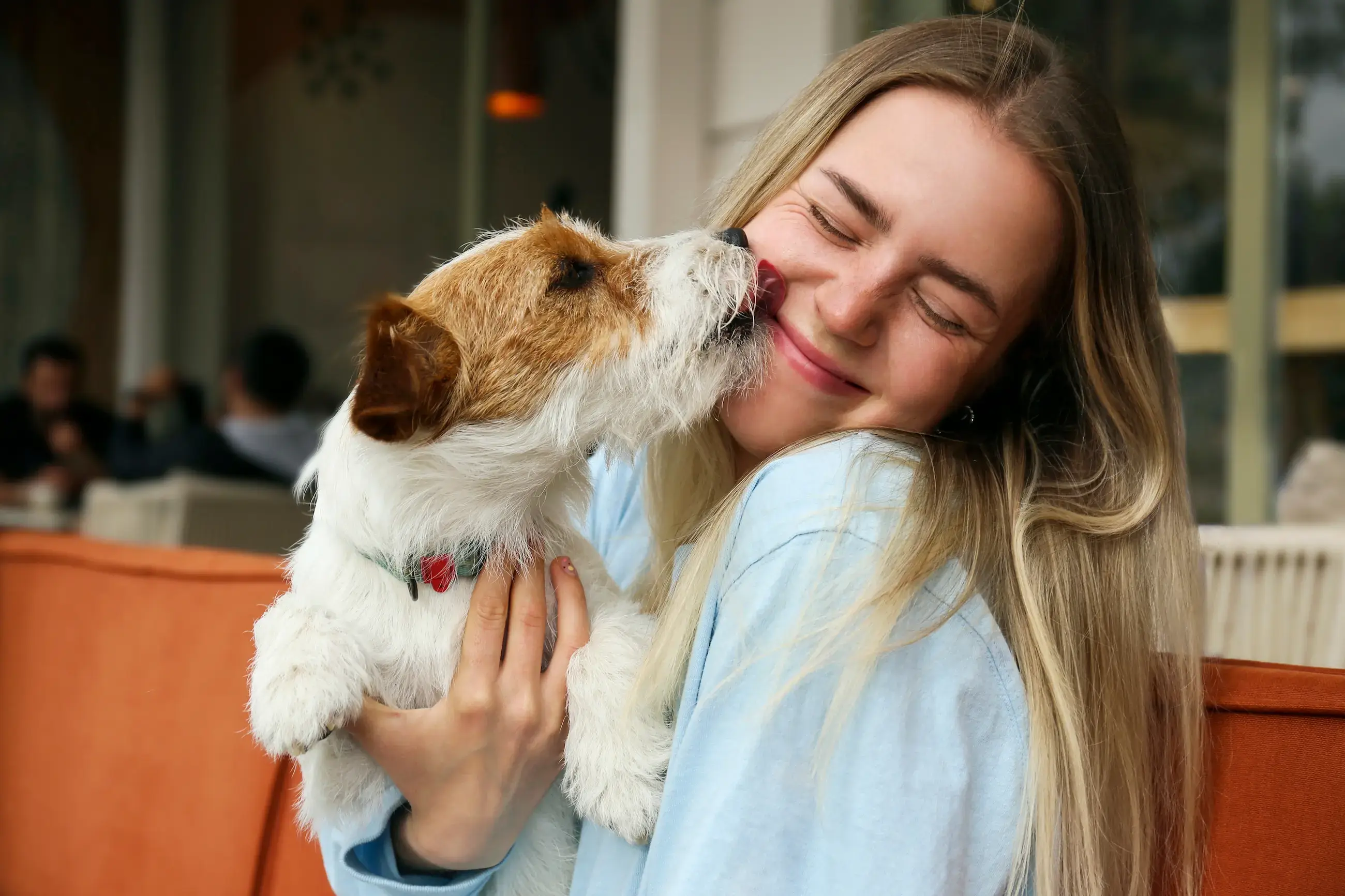How to Care for Pets During the Pandemic
March 10, 2020
Written By: VetriScience
There is growing concern that pets can be infected by COVID-19, according to recent guidance from the CDC. This change comes after a number pets, including both cats and dogs tested positive for the virus. However, the Associated Press reported that there is no evidence that the virus can be transmitted from pets to humans.
Besides the CDC's latest guidance, you'll find expert recommendations below for caring for yourself and your pets during the Coronavirus pandemic:
1. Practice Social Distancing
Until there is more information known about how COVID-19 affects animals, the CDC recommends social distancing guidelines for family pets in the U.S. While veterinary experts have said that cases of COVID-19 in pets are extremely rare, according to the Wall Street Journal, it's best for pet owners to exercise caution until additional studies are conducted . The CDC recommends treating pets like "family members" by instituting these guidelines:
- Do not let pets interact with people or other animals outside the household.
- Keep cats indoors when possible to prevent them from interacting with other animals or people.
- Walk dogs on a leash, maintaining at least 6 feet (2 meters) from other people and animals.
- Avoid dog parks or public places where a large number of people and dogs gather.
2. Share Your Pet's Care
The CDC recommends avoiding contact with pets if you or a family member has been diagnosed with COVID-19. More specifically, the CDC suggests avoiding petting, snuggling and kissing animals whether you're sick or at risk of developing the disease.
We know how hard that it is to do but it can prevent the disease from being transferred via their fur, collar or toys. By delegating pet care, you can help prevent the spread of the virus to a family member, your pets and anyone that comes into contact with your pets.
3. Wash Your Hands Before and After Contact
Covid-19 spreads from person to person and pets aren’t at risk of illness. But, the virus can linger on contaminated surfaces like your pet’s fur, making it possible that cats and dogs can carry the disease on them.
That’s why it’s essential to practice good hygiene by washing your hands before and after caring for your pets. You should also avoid touching your eyes, nose and mouth, and cough or sneeze into your elbow or a tissue. Following these guidelines may help prevent the virus from being carried or transmitted by your pet. The CDC also suggests wearing a well-fitted mask when caring for pets when you’re sick.
4. Have a Plan in Place
It’s important to prepare for your pet’s needs in the event you or a family member is diagnosed with Coronavirus. It'll be stressful enough without worrying about caring for your pet. Plan in advance by following these simple steps to avoid panicking if you or a loved one is diagnosed with COVID-19:
- Ask a friend or family member to take care of your pet if you’re sick and under quarantine.
- Contact your vet or a boarding facility to determine if they can take your cat or dog.
- Gather your pet’s supplies, including food, medication and toys in case you need to leave quickly.
- Ensure that your pet’s vaccinations are up to date and they have an ID tag.
Our four-legged friends can be a source of great comfort in times of stress. But, it's best to leave your pet’s care to someone else if you or a loved one has been diagnosed with COVID-19. Make sure to consult with your veterinarian if you have questions or concerns about your pet’s care and health.
Topics: News, coronavirus, pet health, covid-19, General Animal Health



%20(1)-1.webp)
